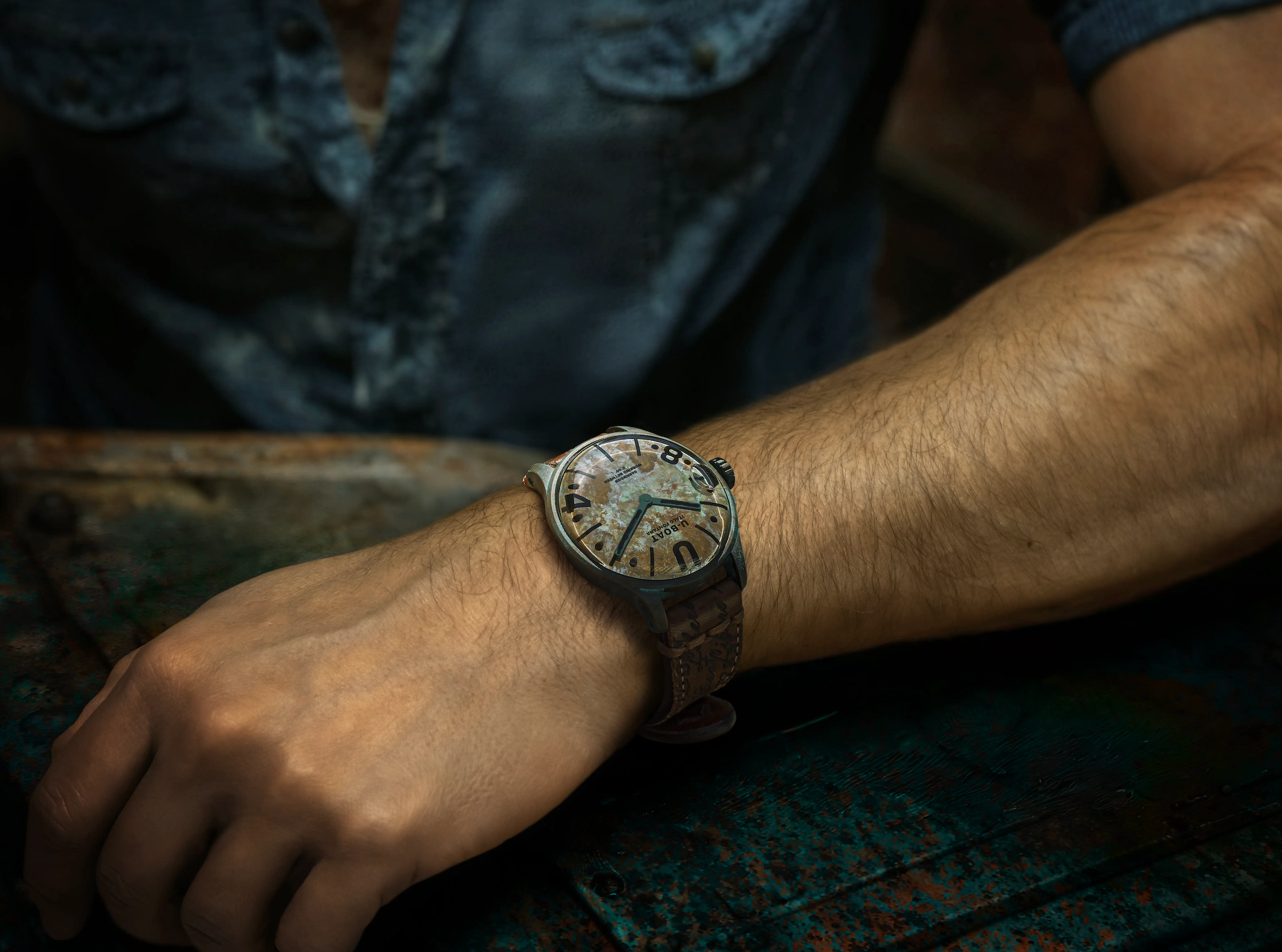
How to maintain your watch for a lifetime?
A watch is not just a timekeeping instrument but a lifelong companion. This article provides a comprehensive guide for maintaining your watch, ensuring its preservation and proper functioning for generations to come. Learn how a little care and attention can extend the lifespan of this precious accessory.
The importance of regular maintenance
To ensure the longevity and accuracy of your watch, regular maintenance is essential. Like any precision mechanism, a watch accumulates dust and particles, and its oil can degrade over time, affecting its performance. Periodic maintenance by a professional can prevent damage and ensure optimal operation.
Daily cleaning: best practices
External cleaning
A gentle daily cleaning can work wonders in maintaining your watch's shine. Use a soft, dry cloth to wipe the case and bracelet, removing sweat traces, dust, and other residues. For metal or ceramic bracelets, occasional cleaning with warm water and mild soap can help remove more stubborn build-ups.
Precautions
Avoid exposing your watch to harsh chemicals, solvents, or strong magnetic fields, which could damage its mechanism or alter its appearance.
Professional maintenance: when and why?
A visit to a professional watchmaker every 4 to 5 years is recommended for a complete maintenance, which includes disassembly, cleaning, lubricating, and readjusting the mechanism. This maintenance is crucial for mechanical watches, but it also benefits quartz watches by ensuring the battery is checked and replaced before it starts to leak and damage the watch.
Water and shock management
Water resistance
Even if your watch is labeled as water-resistant, it's wise to remove it before diving into a bath, pool, or the sea. Water-resistance seals can wear out over time, and their integrity can be compromised by repeated exposure to water.
Protection against shocks
Avoid subjecting your watch to violent shocks or dropping it. Although many models are designed to withstand normal use, impacts can damage the internal mechanism or the crystal.
Adequate storage: Ensuring your watch's safety
When not worn, store your watch in a dry, temperate place, away from direct sunlight and magnetic fields. A watch case or a winder (for automatic watches) can offer additional protection and keep the watch moving, mimicking daily wear.
Conclusion: An investment in time
Maintaining your watch is an investment in its durability and aesthetic value. By following these simple tips, you can not only extend the lifespan of your watch but also ensure that it continues to operate with precision and elegance for the years to come.


